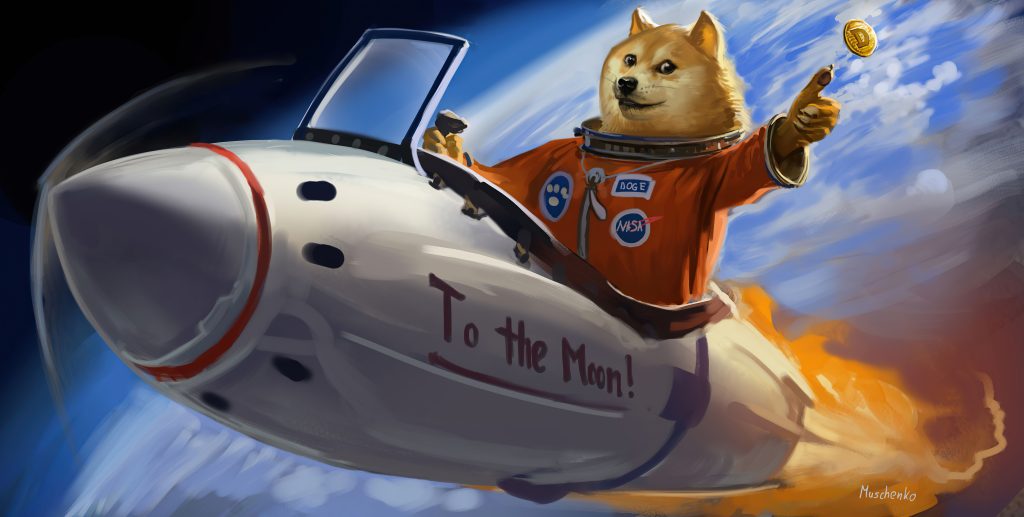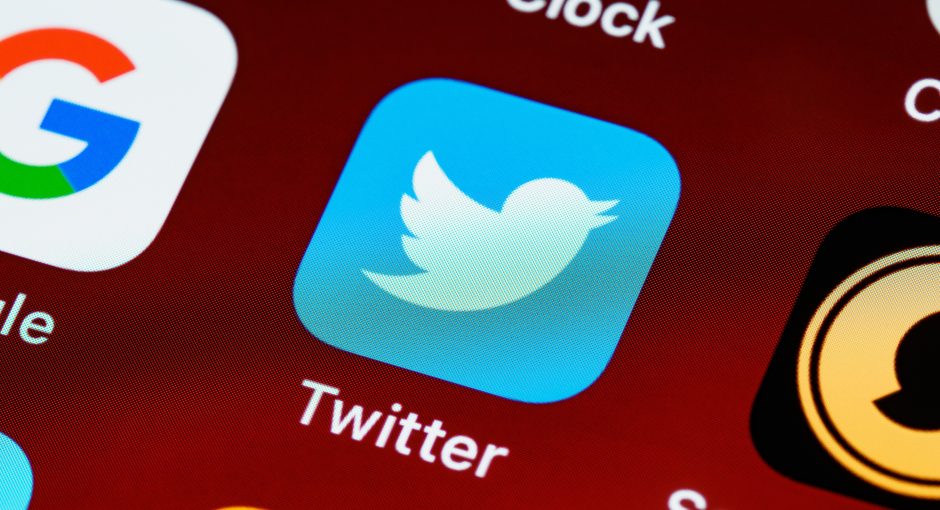A hot take that nobody asked for. But first, a bit of history:
Long before it bosted 211 million monetizable active daily users, Twitter started as an undefinable and simplistic platform. It was something between a digital text message and a microblogging service. The founders weren’t even sure what it was, let alone the users. As a result, early adopters often debated how to use the platform back in those primordial days. “Twitter is not a chat!” was scrawled like cheap graffiti across the platform as debates raged as to the platform’s true purpose. Those early users wrestled with how best to use something that provided no actual walls to its lightweight and non-specific features.
Was it a social network? No. Social networks had friends lists and photo albums; Twitter didn’t. Instead, you followed or didn’t follow. There weren’t pokes, “Top 8s,” or college email requirements. Maybe it was a microblog? It could have been, but none of the standard blogging features like formatting were there. Just a simple, 140-character text box and this neat little feature called hashtags to organize all of the content floating around on the platform.
The most useful, and in my opinion consequential, feature of Twitter was one you couldn’t see. Twitter boasted an insanely easy-to-use API (Application Programming Interface) that allowed the simple, virtually purposeless platform to integrate with anything and everything. As a result, developers routinely mashed up new and different applications using the service. Some even made new clients that offered a better user experience than Twitter could. The accessibility of Twitter’s API propelled the company forward. It gave it staying power among other, more robust social and communication outlets. It provided the flexibility that no other platform had.
Fast forward to now. Twitter is still here, albeit in a much different position than in the early days. It’s a tried and true story among successful startups that eventually, the rubber hits the road, and you’re a real business. That means exploring ways to make money, making tough choices about priorities and feature development, and mitigating technical and non-technical threats to secure the business’s future. Unfortunately, one of the casualties of that transition was Twitter’s incredible open API. As Twitter monetized, unfettered API access became a casualty. An advertising platform focused on promoted tweets, accounts, and trends while licensing data came in its place. It’s a model that has largely worked. Outside of the ebb and flow of the pandemic era, Twitter has reported quarterly revenues northward of a billion dollars which is no small feat. In addition, they’ve added functionality through internal development and strategic acquisitions to expand functionality while introducing features to make data on the platform more accessible. As they focus on growth, both monetarily and with active users, keep in mind that any social network, especially one with an insanely simple premise like Twitter, is only as good as the community that uses it. Twitter would be worthless without its users, so keeping them on board and growing the eyeballs on the platform is paramount to their survival.
Here and Now
In light of feature improvement and billion-dollar revenues, Elon Musk seems to think there’s a way to restore Twitter to its former glory while also squeezing a few extra nickles out of the service. As everyone knows by now, Musk is buying Twitter intending to take the company private. In a 43-46 billion dollar hostile takeover, Musk is leveraging his shares in Tesla, leaning on 13 billion dollars from nine banks, and putting up cash to buy the company. While some analysts have looked behind the curtain and say Musk is overleveraged, most seem to predict that the deal will go through and Twitter will become a private company owned by the world’s richest man.
Twitter co-founder and former CEO Jack Dorsey endorsed Musk’s decision to purchase Twitter and take the company private. In a long thread of tweets on the matter, Dorsey confided in the Twitterverse that “Elon is the singular solution I trust.” While Dorsey’s strong endorsement of the takeover is notable, Dorsey also added that “Twitter as a company has always been my sole issue and my biggest regret. It has been owned by Wall Street and the ad model. Taking it back from Wall Street is the correct first step.” At the same time, Dorsey added, “I don’t believe anyone should own or run Twitter. It wants to be a public good at a protocol level, not a company.”
Ok, Let’s Unpack That

First, suppose I’m Elon Musk, or anyone for that matter, and I just mortgaged my entire life by leveraging the rest of my stake in my electric car company, went into debt with nine large banks, and shelled out several billion in cash to buy your business. I’d probably feel good for a second that you, the co-founder and former CEO, think I’m the only one in the world who can fix their creation. But I’d probably be mortified when they follow up with the bombshell that they believe their creation shouldn’t be a company in the first place but a public good. Nobody in their right mind would spend 44 billion dollars to turn a company projecting to make six billion in revenue into a “public good.” I don’t care what your take on “free speech” is – you don’t spend that kind of money solely out of some sense of ego or altruism. Especially when Twitter has so many threats to its existence already. But then again, I’d guess that Elon Musk is already well aware of this.

Enter ActivityPub. From the W3C, the standards-making organization for all things web-related, “The ActivityPub protocol is a decentralized social networking protocol based upon the [ActivityStreams] 2.0 data format. It provides a client to server API for creating, updating and deleting content, as well as a federated server to server API for delivering notifications and content.” So what does this mean in non-nerd? It’s basically a standard for tweeting from any website without using Twitter. Currently dubbed “The Fediverse,” the ActivityPub protocol aims to decentralize the social aspects of the web by creating a common “language” around how servers communicate social information to each other. In addition, it allows individual ownership of data allowing you to easily export and move services with ease, leaving behind a forwarding address if you migrate between services.
Social websites are already materializing around this infrastructure. For example, Mastodon, Pleroma, Friendica, HubZilla, Pixelfed, SocialHome, and Misskey are all federated platforms that allow sharing of data between them. In fact, this blog is linked to ActivityPub, which enables you to follow this WordPress account across any of these platforms which support ActivityPub. Just search @thomas_dufour@thomaswdufour.com.
So What Does All of This Mean?
Elon Musk, who has spent considerable time in Silicon Valley, must see the writing on the wall with ActivityPub, federated social platforms, and decentralized data. After all, he clearly understands cryptocurrency as the most visible advocate of DogeCoin out there. But with these federated services becoming commonplace, the core of Twitter’s business model, which it’s licensing and promoting through ads, is now supported by an open standard. Before long, the lion’s share of “tweets” may be scattered across the web. Remember that tremendous open API that Twitter once boasted? Well, it’s back, but it’s a protocol, and tweeting, as it were, is poised to become as universal as email. Once loyal users will inevitably leave the walled garden for more extensive pastures. Unless they have a plan to compete in this new environment, the departure of users will inevitably kill Twitter’s advertising value and destroy its ability to generate revenue. Of course, we haven’t discussed the threat of social newcomers who gobble up users’ eyeballs and screen time (TikTok) either.
Elon is awash in ideas to “fix” the platform. From reducing executive salaries to monetizing the embedding of Tweets on websites to even charging specific user types like governments and corporations a fee for using the platform. In my estimation, the functionality he wants to monetize for is easily replicated for free with ActivityPub as an open standard. Why go to Twitter when you can subscribe to feeds directly from their source? He’s also talking about killing the advertising model or pitching a premium account free of advertising. Maybe it’s me, but killing a company’s most significant revenue source seems foolhardy.
So why would someone mortgage their life for 44 billion dollars, buy a business, prematurely kill the company’s most significant revenue stream, and cut compensation for its leaders who are charging forward with a plan to significantly improve revenue?
Elon wants you to believe that there is this grand aesthetic that he’s aspiring to, and he’s saving the world and liberty itself from Twitter’s authoritarian boot. He wants you to believe that the most socially responsible thing here is to return Twitter to the people. Meanwhile, his rants about free speech and opening the platform to any voice until it breaks the law are arguably anything but socially responsible vis-a-vis The Paradox of Tolerance. Even if you’re not remotely concerned about the implications for the platform once again being used to perpetuate irrational debate and inflame intolerant voices, advertisers are, and so are users. And with a new standard to turn to, it’s only a matter of time before the market decides the future of the platform.
Finally, The Hot Take
In the end, I don’t believe any of what Elon is saying. If you know me personally, you know I hate conspiracy theories and speculation. However, in this case, only one trajectory makes sense in light of all of the information I just presented. That Elon Musk’s ownership of Twitter will be a vehicle for pumping and dumping cryptocurrency.
Social networks are doing it more and more these days. As of this writing, Reddit sells its “coins” at $1.99 for 500. TikTok sells its “coins” at $0.99 for 65. So it stands to reason that a platform could substitute made-up tokens for crypto coins within a marketplace and can be taken elsewhere if needed. Additionally, I suspect that Elon Musk holds a fair bit of DogeCoin. By purchasing Twitter and then making DogeCoin Twitter’s default currency for all payments, whether advertising, gifts, etc., the price of DogeCoin should go through the roof. If you bought ten grand of coins at $0.01, they’d be worth a million if DogeCoin goes to $1.00. Now imagine the buying power of the world’s richest man over a penny stock. Imagine what Elon stands to gain by driving up the price of the cryptocurrency. Yeah.
In the end, I could be wrong. Whether I like it or not, it’s all speculation – from myself, analysts, kids on Twitter, Democrats, Republicans, the whole guard. The point of this article is that none of this makes any sense unless you factor in the fact that Elon will use Twitter to increase the value of another asset. If we can agree on that, it stands to reason that Twitter won’t make Tesla’s batteries more efficient; it won’t bore any holes, make solar more practical, or get SpaceX to Mars.
Failing all of that there’s still one hope left: With any luck, it will finally send us to the moon.




